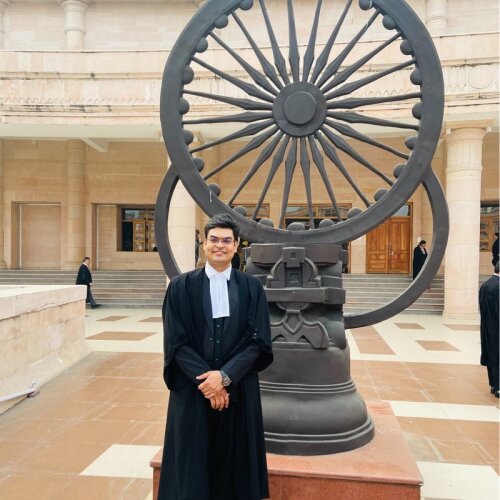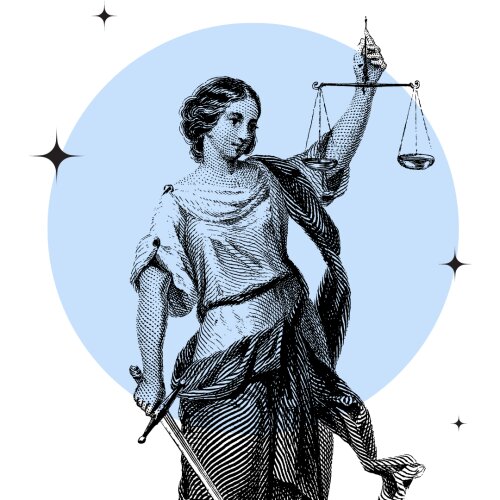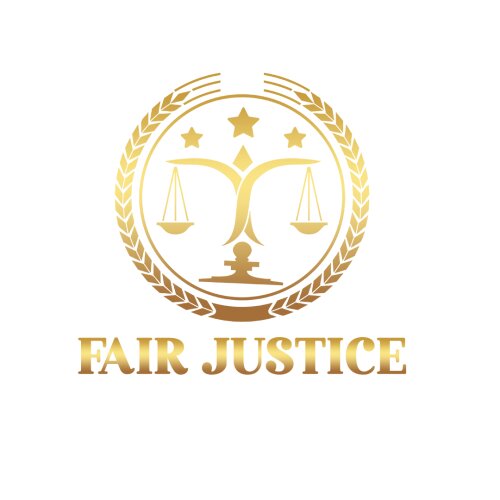Best Elder Law Lawyers in India
Share your needs with us, get contacted by law firms.
Free. Takes 2 min.
Or refine your search by selecting a city:
List of the best lawyers in India
About Elder Law in India
Elder law in India is a branch of law that focuses on the legal needs and rights of the elderly population. This area of law encompasses various issues, including healthcare, age discrimination, elder abuse, retirement planning, and the drafting of important legal documents such as wills and powers of attorney. Given India's significant population aging, elder law has gained importance to ensure that seniors are treated with respect and dignity, and their rights are protected under the law.
Why You May Need a Lawyer
There are several situations where individuals may need legal help in elder law:
- Elder Abuse and Neglect: Cases of physical, emotional, or financial abuse require immediate legal intervention.
- Estate Planning: Drafting wills, trusts, and other legal documents to ensure proper management and distribution of assets.
- Healthcare Decisions: Guidance on living wills, healthcare directives, and appointing healthcare proxies.
- Guardianship and Conservatorship: Legal processes to appoint guardians for those who are unable to manage their affairs.
- Retirement Benefits: Navigating pensions, provident funds, and other retirement benefits and entitlements.
- Discrimination Issues: Legal action in situations where seniors face age discrimination.
Local Laws Overview
Indian law provides several protections for the elderly:
- Maintenance and Welfare of Parents and Senior Citizens Act, 2007: This law ensures that children and relatives provide maintenance for the elderly. Seniors can claim monthly maintenance from their children.
- Hindu Adoption and Maintenance Act, 1956: Under this act, elderly parents can claim maintenance from their children if they are unable to maintain themselves.
- Code of Criminal Procedure, 1973: Section 125 allows a person unable to maintain themselves to claim maintenance, including parents.
- Elder Abuse Prevention: Various legal mechanisms exist to address issues related to elder abuse and neglect.
- Property Rights: The Transfer of Property Act, 1882 and the Indian Succession Act, 1925, govern inheritance and transfer of property for elders.
Frequently Asked Questions
What is the Maintenance and Welfare of Parents and Senior Citizens Act?
This act mandates that children and relatives are responsible for the maintenance of elderly family members. Seniors can legally claim support through tribunals.
How can I claim maintenance from my children?
Seniors can file an application under the Maintenance and Welfare of Parents and Senior Citizens Act, 2007, in a Tribunal designated for this purpose.
What should I do in case of elder abuse?
Report the abuse to local authorities or file a complaint with the police. Legal action can be taken under Indian Penal Code and Domestic Violence Act provisions.
How can I ensure my healthcare wishes are respected?
Draft a living will or healthcare directive outlining your healthcare preferences, and appoint a trusted person as a healthcare proxy.
Can I appoint a guardian if I become incapacitated?
Yes, a legal process exists to appoint guardians. You can also preemptively create powers of attorney for health and financial decisions.
How are inheritance issues handled for seniors?
Inheritance is managed under the Indian Succession Act, 1925. Creating a will is advisable to ensure desired distribution of assets.
What steps can I take for estate planning?
Consult an elder law attorney to draft necessary documents like wills, trusts, and powers of attorney to safeguard your estate and assets.
Are there any government schemes for elder welfare?
Yes, multiple schemes exist providing benefits like pensions, healthcare, and travel concessions; check with local authorities for details.
Can seniors be discriminated against at workplaces?
Age discrimination is not permissible, and seniors can seek legal recourse under relevant labor laws if discrimination occurs.
How often should elder law documents be updated?
Review key documents like wills and trusts regularly, especially after major life changes, to ensure they reflect current wishes and circumstances.
Additional Resources
Here are some resources for those seeking information or assistance in elder law:
- Ministry of Social Justice and Empowerment: Oversees policies and schemes for senior citizens.
- Helpage India: A nonprofit organization offering support and resources for seniors.
- National Institute of Social Defence: Provides training and advocacy for elder care.
- State Legal Service Authorities: Offer free legal aid to seniors.
- District Senior Citizen Welfare Offices: Local offices focusing on senior citizen welfare and rights.
Next Steps
If you require legal assistance in elder law, consider the following steps:
- Identify the specific legal issue you are facing and gather relevant documents and information.
- Consult with an experienced elder law attorney for personalized advice and guidance.
- Reach out to local legal aid organizations if you need free or subsidized legal support.
- Stay informed about your rights and available resources through trusted organizations and government bodies.
Taking proactive steps can help protect your rights and ensure a secure and dignified future for yourself or your loved ones.
Lawzana helps you find the best lawyers and law firms in India through a curated and pre-screened list of qualified legal professionals. Our platform offers rankings and detailed profiles of attorneys and law firms, allowing you to compare based on practice areas, including Elder Law, experience, and client feedback.
Each profile includes a description of the firm's areas of practice, client reviews, team members and partners, year of establishment, spoken languages, office locations, contact information, social media presence, and any published articles or resources. Most firms on our platform speak English and are experienced in both local and international legal matters.
Get a quote from top-rated law firms in India — quickly, securely, and without unnecessary hassle.
Disclaimer:
The information provided on this page is for general informational purposes only and does not constitute legal advice. While we strive to ensure the accuracy and relevance of the content, legal information may change over time, and interpretations of the law can vary. You should always consult with a qualified legal professional for advice specific to your situation.
We disclaim all liability for actions taken or not taken based on the content of this page. If you believe any information is incorrect or outdated, please contact us, and we will review and update it where appropriate.
Browse elder law law firms by city in India
Refine your search by selecting a city.

















